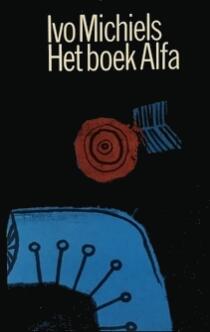J.C. Bloem is the poet of desire: of the fundamental lack of fulfilment and, even worse, absence, of desire. He only appears to be a poet of resignation. What Bloem said about the Italian poet Leopardi can also be applied to himself: “Who has expressed the bitterness that is at the heart of every life, despite all appearances to the contrary, more poignantly than he?”
He did not say anything new, nor invent a new idiom. He expressed the failure of every life, the transience of everything, mercilessly and in simple, timeless language. The paradox is that his words are somehow consoling. This is related to the flawless stylistic coherence of his verses. The words he uses are ineludible. Someone had to say it like that. And now they have. This is what is called “classic”.
Toen ik jong was, bestond ik in vormen Van het leven dat komen zou: Een vervoerend de wereld doorstormen, Een lied en een eindlijke vrouw. Het is bij dromen gebleven; Ik heb wat een ander ontsteelt Aan het immer weerbarstige leven, Slechts als mogelijkheden verbeeld.
(When I was young, I existed in forms Of a life to come: An ecstatic rampage through life, A song and finally a wife. It has remained a dream: What others have stolen From obstinate, unruly life, I only imagined as possibilities.)
Bloem received the literary prizes he deserved, but for the rest, failed in everything he undertook. That is, when he even did embark on something. Yet this notorious idler left behind over a thousand pages of reviews, essays and aphorisms. His worldview was that of a full-blooded reactionary: “All change is for the worse, even when it’s an improvement”.
Already the interwar period displeased him, and, in fact, he only had kind words to say about the period before the First World War (his own youth). He had no time for pacifists and artists inspired by humanitarian causes. Even when his mistakes were on a grand scale, they were clearly formulated.
As a poet, Bloem limited his oeuvre to one hundred and sixty poems at the end of his life. Of these, there are certainly at least thirty that we would not want to be without. More than enough.






